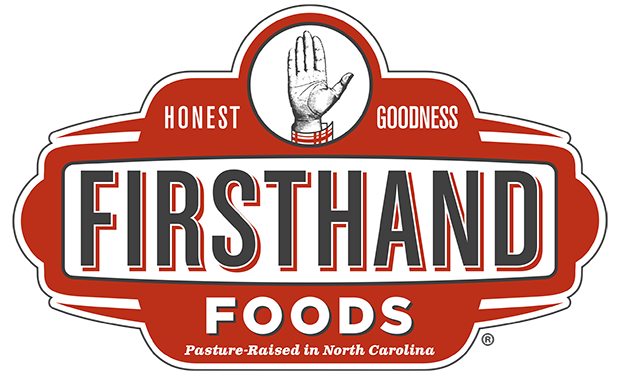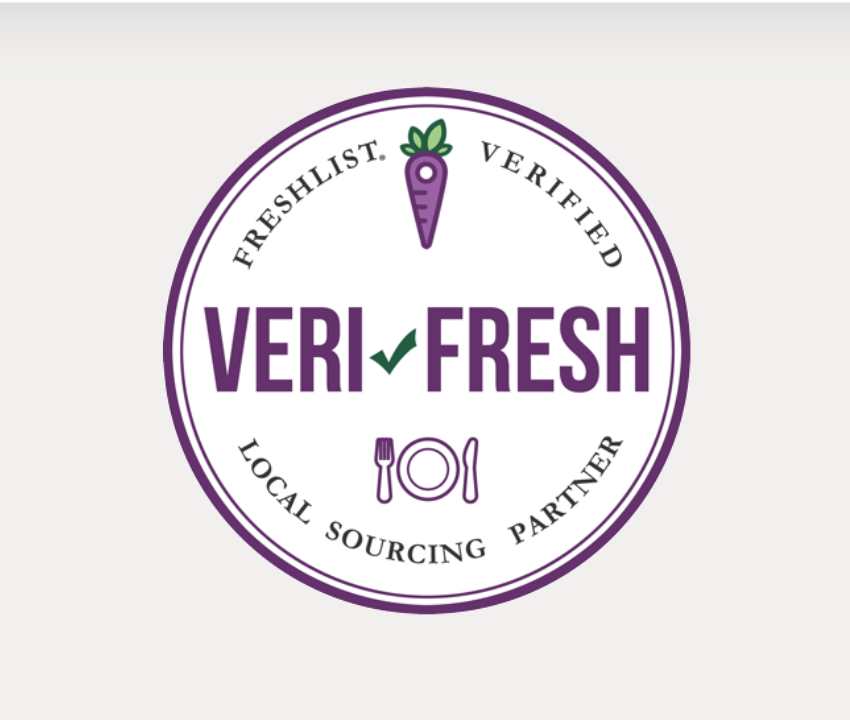Food hubs are a crucial but often invisible part of the food system that help small farmers access markets by providing aggregation, distribution and marketing services. Firsthand Foods is one of the only exclusively protein-focused food hubs in the nation. We’re in our 10th year of championing the cause of small-scale, pasture-based livestock producers in a world increasingly dominated by just a few large, industrial-scale, vertically integrated meat companies. (For example, just four companies own 80 percent of the US beef supply).
For food hubs to survive, we need to remain rooted in community and true to our mission, while also finding ways to achieve certain economies of scale. One way to grow beyond our “uber local” footprint is to cultivate regional partnerships. We’re envisioning the development of “corridors of collaboration,” modeled on the concept of wildlife corridors or areas of land that provide connectivity between animal populations. Wildlife corridors are necessary for reversing habitat fragmentation, improving genetic diversity and increasing animal survival rates.
Similarly, corridors of collaboration are necessary to help food hubs such as Firsthand Foods grow and thrive amidst the context of a broken food system dominated at every stage by just a few big players (e.g., Cargill, Smithfield, Walmart, Amazon, etc…). By connecting like-minded businesses, we can strengthen our shared habitat and avoid isolation, diversify our product mix and help achieve scale.
We’re excited to be working in some new partnerships with other values-aligned food hubs that source and distribute outside of our home base here in the Triangle, including Freshlist in Charlotte, Swamp Rabbit in South Carolina, and Happy Dirt here in Durham, which helps us distribute to Richmond, Virginia and Washington, DC. These companies offer us a way to get Firsthand Foods meats into new markets, support our farmer networks and potentially bring unique regionally-produced, mission-driven products to our customers.

